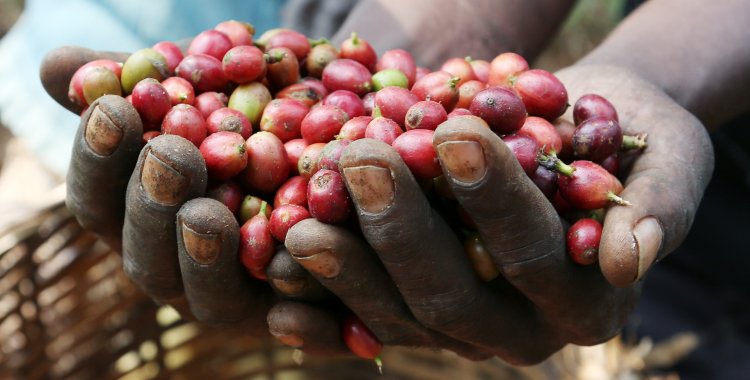According to the document published by the European Commission (2020), coffee production and exports declined during the period of internal conflicts that followed independence, dismantling the commercial circuits for this product. Still according to the aforementioned document, value chain analyzes contribute to sustaining an informed dialogue on investment policies and decisions.
Most of the coffee plantations in Angola are more than 50 years old, their productive potential is very low and they need to renew their crops, so much so that one of the great challenges for the Executive and the agrarian class is to revitalize the coffee plantations so that they can reach high levels of production and leverage the country's economy. Which then suggests the potentialization of the coffee value chain. Although Angola has reduced production and exports, we still have favorable edaphic and climatic conditions for production and we have a variety of coffee that is highly appreciated abroad.
What then would be the importance of the coffee value chain?
The coffee value chain in Angola comprises input suppliers, primary producers, processors, traders, roasters and exporters. Taking into account all the path and/or processes that the product undergoes until it reaches the final consumer, it is clear that it demands a lot of labor, which allows us to state that the coffee value chain is important for the economy of the country. Country by the following points:
▪ Creation of jobs;
▪ Fosters the growth of industrialization in the national territory;
▪ Impacts on economic diversification;
▪ Source of revenue for municipalities;
▪ Serves as a tool to combat unemployment.
That said, it is clear how strategic the sector is and how much it can impact on the country's economic and social issues. Hence the relevance of provoking government and private entities and all professionals in the area to reflect on this subject so that we can then have our coffee plantations revitalized, forests preserved, solid trade, an industrialized sector and a value chain with potential to put the country back in the spotlight.
Previous
The opinion of... Cesário Sousa Domingos








